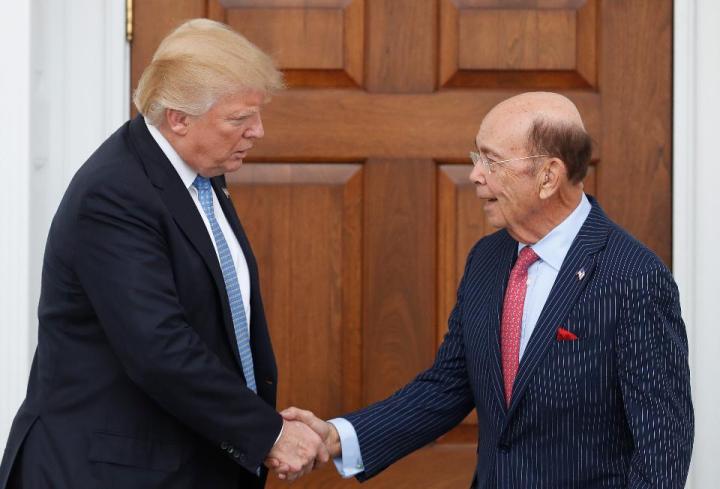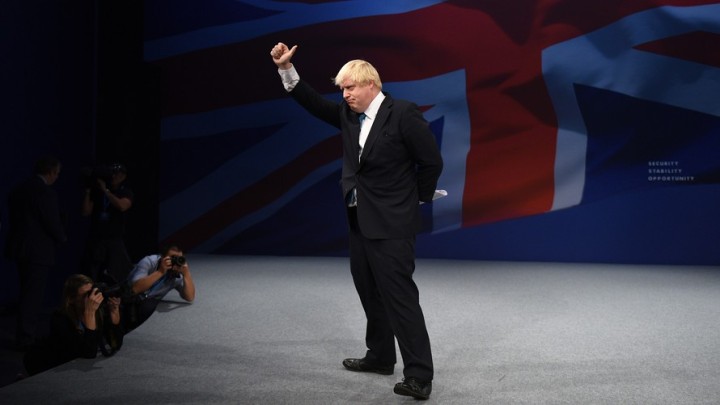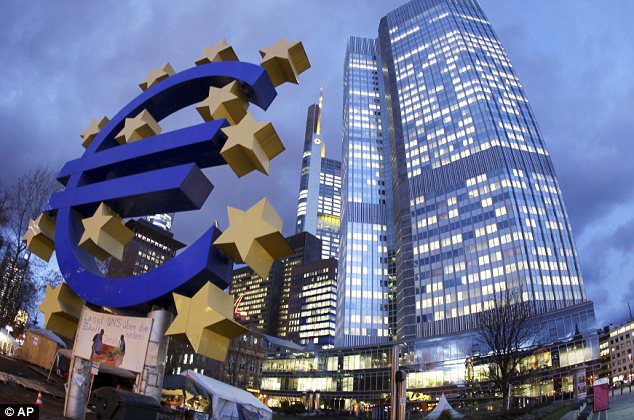Angela Merkel has said to industry leaders in Germany that she will put the interests of the remaining 27 member states first, telling German carmakers to brace themselves for a new era of trade tariffs with Britain.
The commonwealth
A commonly used argument by the ‘Brexiteers’ is that the commonwealth will bridge the gap left by leaving the EU single market.
An argument that is somewhat undercut by Australia’s own trade minister stating that Brexit is a wonderful oportunity to open up talks and offices with and in Ireland. In so doing maintaining their access to the European Single Market but sidestepping the UK. New Zealand may be a beautiful country, but it does not have an especially large economy, and it is a very long way from the UK. In fact, despite its massive problems, Greece’s economy is still larger than New Zealand’s.
All the while, the domination of domestic politics is ignoring the simple fact the Europe is the UK’s closest geographical neighbours. There is a reason they are the UK’s largest trading partner, and not India- half way across the globe.
The United States

Boris Johnson has argued that a trade deal with America is a saving grace given that he thinks “that the new President has made it very clear that he wants to put Britain at the front of the line for a new trade deal and obviously that’s extremely exciting and important.
Yet Trump’s Secretary of State for Business, Wilbur Ross, has described Brexit as a wonderful opportunity for America and urged the President to take advantage of the “God-given opportunity” of Brexit to take business away from the UK.
Make (the economy in) Britain great again

The Brexiteers have argued that the british economy would be beter if it left the EU with Boris Johnson arguing:
“Britains economy would be better off after an exit. The UK would be more competitive because it could make its own trade deals with other nations and legislate in the interest of British manufacturing.”
Yet if we look at the facts, the remain campaign has the figures on it’s side. The status quo is that in the EU Britain was the fastest-growing economy in the developed world, they had leadership in Cameron that brought about a record breaking historic period of job growth and according to the Economist:
“The Brexit camp claim that Europe needs Britain more than the other way round is fanciful: the EU takes almost half Britain’s exports, whereas Britain takes less than 10% of the EU’s.”
Then if we look to the common Brexit argument that the British fishery industry would witness an unprecedented revival post-Brexit, an interesting fact emerges. Over 60% of of the British fishery industry is done and processed in Scotland, the very same Scotland that is loudly talking about another referendum on leaving the UK, and is the very part of the UK that voted most clearly to remain in the EU.
Reject Brussels

According to Gerard Lyons, chief economic adviser to Johnson;
“The EU has become centralizing, regulating and controlling, the opposite of what is needed for jobs and future success. Countries that succeed in the future global economy will need to be flexible, adaptable and control their own destiny. Brexit allows us this.”
Yet the Brexit camp ignores the security enjoyed in being part of the largest block of nations oposing Vladimir Putin. He has exclaimed joy and glee at the idea of Brexit- with his sights on a weaker Europe. Furthermore the economist has argued that Brexit would “unmoor the fifth-largest defense spender from its allies. Poorer, less secure and disunited, the new EU would be weaker; the West, reliant on the balancing forces of America and Europe would be enfeebled, too.” This is not to mention the destabilising effect of Brexit domestically. It could very likely lead to another vote on Scottish independence, and as has become apparent since the signing of article 50, mutterings of Northern Ireland reunifying with the Republic of Ireland have begun to be heard in government circles.
A simple truth remains, 71% of the generation that will take over this post-Brexit nation voted in favour of remain and 16,141,241 people, more than any winning party in any election in British history, voted for remain. No matter the outcome, the part of the population that wanted to stay and will see the economic consequences of being forced into Brexit are not going anywhere.
One thought on “A list of interesting facts about ‘Brexit’ the day after Theresa May signs article 50”